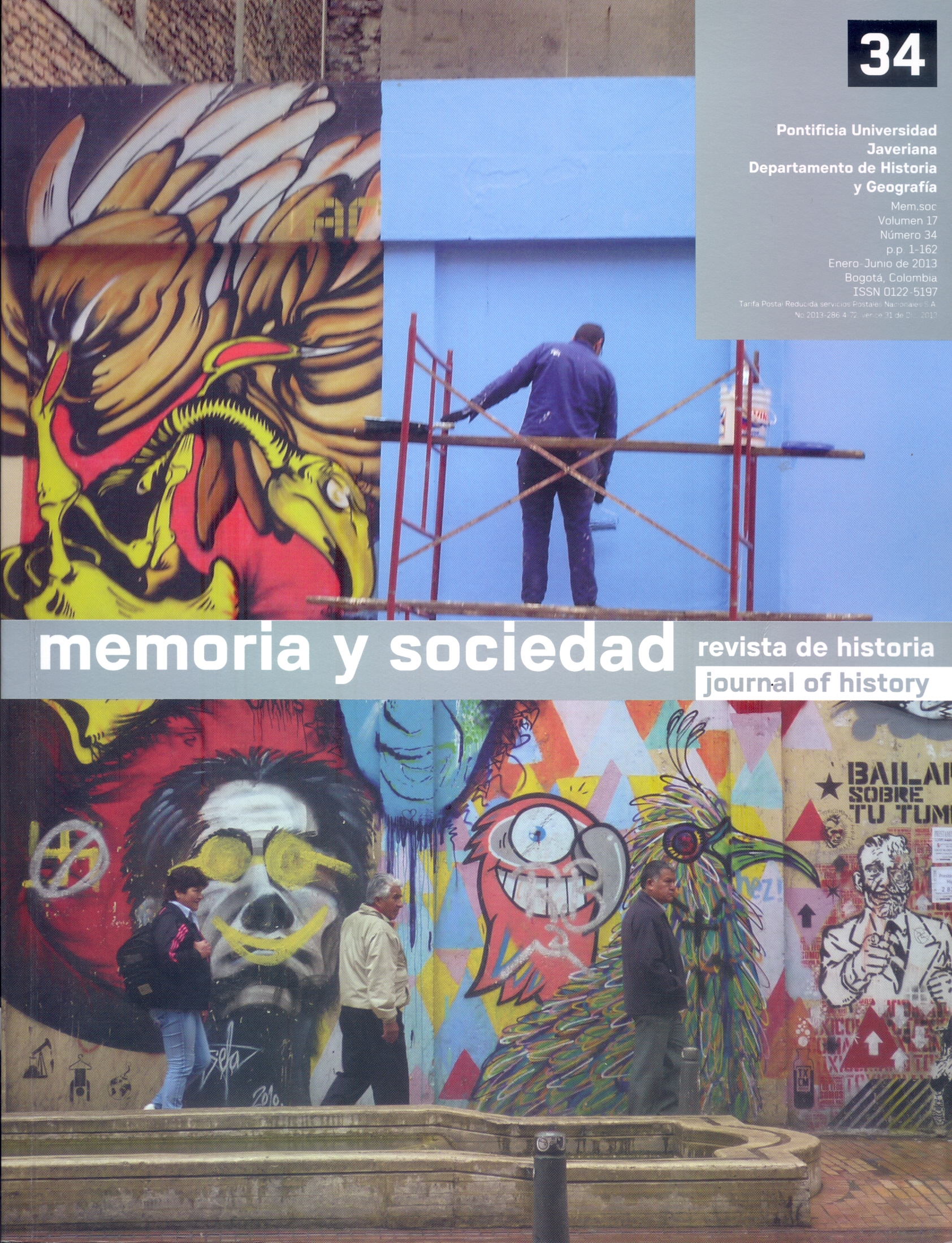Resumen
El trazado de la frontera común entre países amazónicos se reconfigura en la época republicana con alguna dificultad en vista de la lejanía de estas regiones. Esta reconfiguración se ve movida por intereses privados de agricultores, exportadores y comerciantes, de los cuales el más connotado para la frontera común entre Perú, Colombia y Brasil es la Casa Arana. El autor repasa el caso de la expoliación de los indígenas de ese eje geográfico por parte de dicha compañía en centros como La Pedrera, El Encanto y La Chorrera, y relata las vivencias de una indígena uitoto al respecto. La guerra entre Colombia y el Perú es analizada en el marco de esta reconfiguración y del contexto de la geopolítica del momento. En la parte final se propone la necesidad de una agenda de justicia y reparación de los grupos indígenas objeto de este genocidio.La revista Memoria y Sociedad se encuentra registrada bajo la licencia Creative Commons Reconocimiento 4.0 Internacional. Por lo tanto, esta obra se puede reproducir, distribuir y comunicar públicamente en formato digital, siempre que se reconozca el nombre de los autores y a la Pontificia Universidad Javeriana. Se permite citar, adaptar, transformar, autoarchivar, republicar y crear a partir del material, para cualquier finalidad (incluso comercial), siempre que se reconozca adecuadamente la autoría, se proporcione un enlace a la obra original y se indique si se han realizado cambios. La Pontificia Universidad Javeriana no retiene los derechos sobre las obras publicadas y los contenidos son responsabilidad exclusiva de los autores, quienes conservan sus derechos morales, intelectuales, de privacidad y publicidad.
El aval sobre la intervención de la obra (revisión, corrección de estilo, traducción, diagramación) y su posterior divulgación se otorga mediante una licencia de uso y no a través de una cesión de derechos, lo que representa que la revista y la Pontificia Universidad Javeriana se eximen de cualquier responsabilidad que se pueda derivar de una mala práctica ética por parte de los autores. En consecuencia de la protección brindada por la licencia de uso, la revista no se encuentra en la obligación de publicar retractaciones o modificar la información ya publicada, a no ser que la errata surja del proceso de gestión editorial. La publicación de contenidos en esta revista no representa regalías para los contribuyentes.


